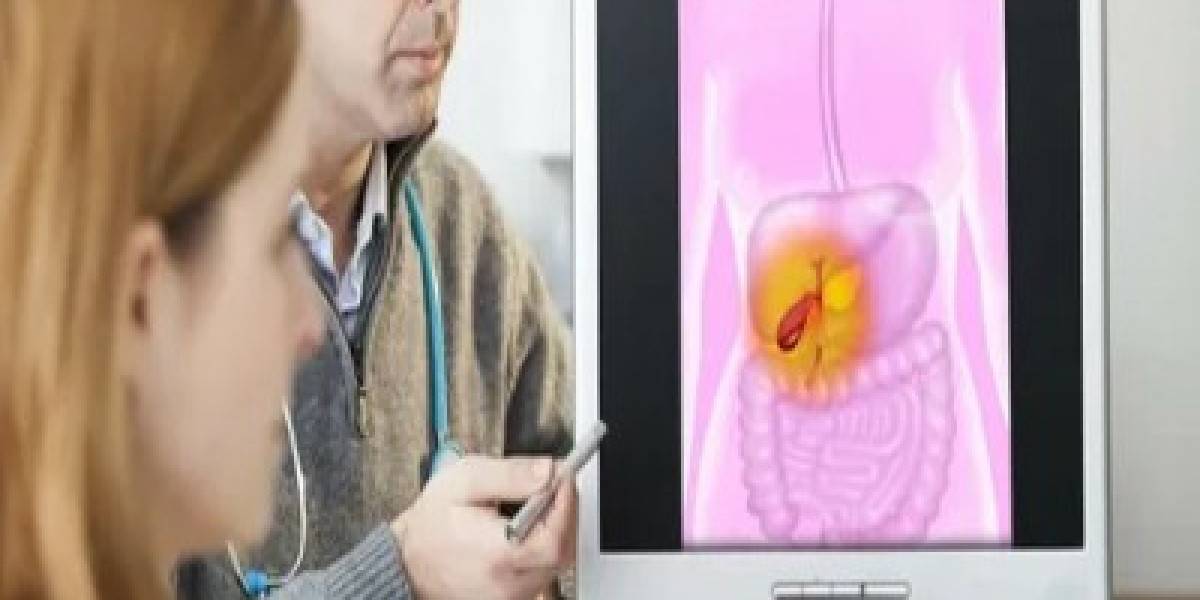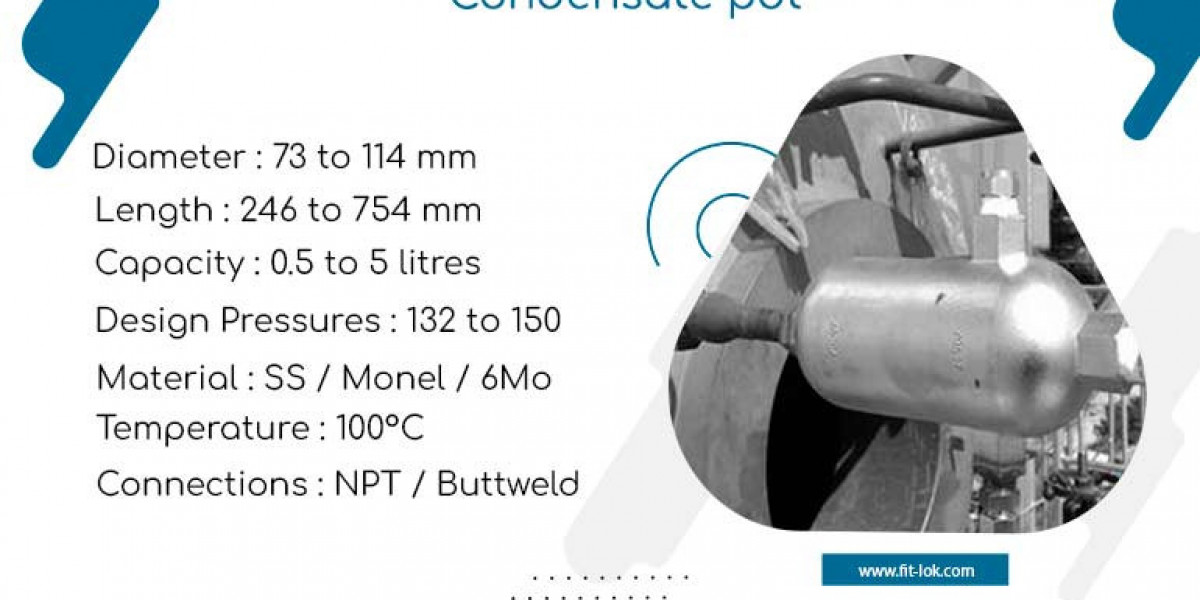What is Gastroenterology?
Gastroenterology is the branch of medicine focused on the digestive system and its disorders. This includes the esophagus, stomach, small intestine, colon and rectum, pancreas, gallbladder, liver and bile ducts. Gastroenterologists receive specialized training in the prevention, diagnosis and treatment of digestive issues. Some common conditions they manage include gastroesophageal reflux disease (GERD), peptic ulcers, irritable bowel syndrome (IBS), inflammatory bowel disease (IBD), liver disease and more.
GERD and Peptic Ulcers
Gastroenterology commonly known as acid reflux, occurs when stomach acid backs up into the esophagus. It often causes a burning sensation in the chest or throat. Risk factors include obesity, smoking, diet and family history. Lifestyle changes like weight loss, avoiding trigger foods and elevating the head of the bed can help control symptoms. Medications like antacids, H2 blockers and proton pump inhibitors are also commonly prescribed.
Peptic ulcers develop in the lining of the stomach or duodenum due to excess stomach acid or helicobacter pylori (H. pylori) infection. Symptoms include abdominal pain, nausea and vomiting. H. pylori infection, which is the leading cause, can be treated with antibiotics. Medications are also used to reduce stomach acid. Surgery may be necessary for complications like perforation or bleeding. Both GERD and peptic ulcers can typically be managed successfully through medication and lifestyle modifications.
IBS and IBD
Irritable bowel syndrome (IBS) is a chronic disorder characterized by abdominal pain, bloating, constipation and/or diarrhea. It is thought to be caused by miscommunication between the gut and brain. Treatments aim to relieve symptoms and may include diet changes, stress management techniques, probiotics, antispasmodics and low doses of antidepressants. Lifestyle factors like exercise and staying hydrated can also help manage IBS.
Inflammatory bowel disease (IBD), consisting of Crohn's disease and ulcerative colitis, involves chronic inflammation of the digestive tract. Crohn's can affect any part of the GI tract while ulcerative colitis involves the large intestine and rectum. Symptoms include diarrhea, abdominal pain, weight loss and fatigue. The exact causes are unknown but seem to involve genetic susceptibility and an abnormal immune response to environmental triggers. treatments aim to induce and maintain remission through medications that suppress the immune response like aminosalicylates, corticosteroids, immunomodulators and biologic therapies. Surgery may be needed for complications or drug-resistant cases.
Liver Disease
The liver performs over 500 vital functions related to digestion, metabolism, hormone production and more. Hepatitis, fatty liver disease and cirrhosis are some common conditions treated by gastroenterologists.
Viral hepatitis refers to inflammation caused by hepatitis A, B, C, D or E viruses. It can range from mild to life-threatening. Vaccines exist for hepatitis A and B. Chronic hepatitis B and C are treated with antiviral medications.
Fatty liver disease occurs when fat builds up in liver cells, usually due to obesity, metabolic syndrome or heavy drinking. It can progress to non-alcoholic steatohepatitis (NASH) and eventually cirrhosis. Lifestyle modifications like diet and exercise form the foundation of treatment.
Cirrhosis develops as a result of chronic liver inflammation and injury causing scarring that impairs liver function. Common causes include alcohol abuse, viral hepatitis and NASH. Treatment focuses on managing complications, avoiding further injury and considering transplant evaluation for end-stage disease. Monitoring for liver cancer is also important.
Endoscopy Procedures
Gastroenterologists are specially trained in endoscopy, which involves using thin, flexible tubes with cameras to examine the upper and lower digestive tract. Some common endoscopy procedures include:
Esophagogastroduodenoscopy (EGD) examines the esophagus, stomach and start of the small intestine to diagnose conditions like ulcers, tumors or inflammation. Biopsies can be taken.
Colonoscopy views the entire length of the colon and rectum to screen for and detect colon polyps or cancer. It requires bowel preparation to cleanse the colon beforehand. Polyps can be removed during the procedure.
ERCP (endoscopic retrograde cholangiopancreatography) allows visualization and treatment of problems in the pancreatic and biliary ducts like gallstones, tumors, leaks or strictures. It is often used after unexplained abdominal pain or jaundice.
Capsule endoscopy involves swallowing a small camera-containing capsule that passes naturally through the digestive tract, allowing inspection of the small intestine which cannot be fully seen with other endoscopes. It can detect bleeding, inflammation and tumors.
Endoscopy is an essential tool in gastrointestinal evaluation, diagnosis and treatments like biopsy, polyp removal or stent placement. It has largely replaced surgery as a first-line diagnostic method due to its safety, cost effectiveness and ability to treat conditions on the spot.
From reflux to colitis, diseases affecting the digestive system are diverse but the goal of gastroenterology remains the same - comprehensive care of disorders involving the esophagus, stomach, pancreas, liver, gallbladder and intestines. Constant advancements in procedures, medications and research have vastly improved diagnosis and management of conditions like ulcers, Cirrhosis, Crohn’s and cancer. A gastroenterologist utilizes their specialized training to provide a tailored treatment plan including screening, education, medical and surgical options for all forms of digestive disorders. Continued multidisciplinary efforts hold promise for even brighter outcomes in gastrointestinal health going forward.
Get This Report in Japanese Language:
Get This Report in Korean Language:
About Author:
Money Singh is a seasoned content writer with over four years of experience in the market research sector. Her expertise spans various industries, including food and beverages, biotechnology, chemical and materials, defense and aerospace, consumer goods, etc. (https://www.linkedin.com/in/money-singh-590844163)










